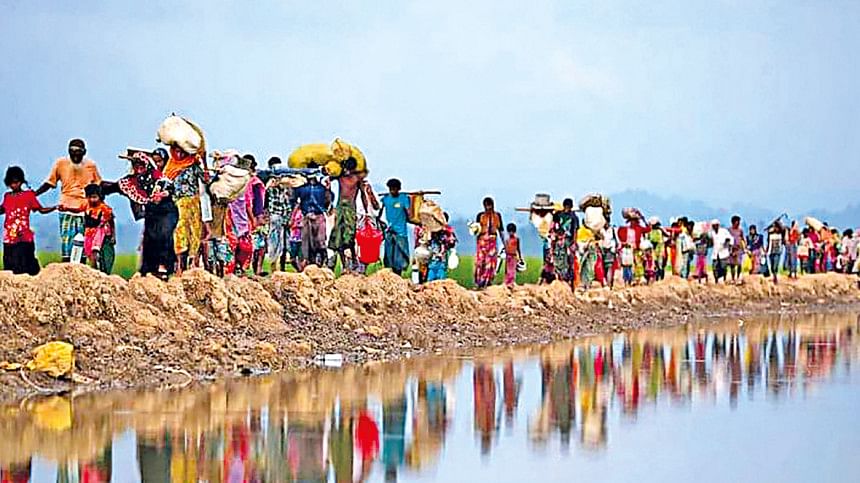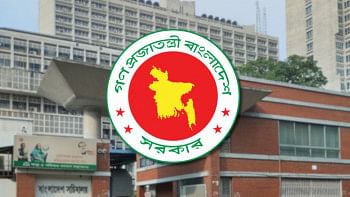On sustainable repatriation of the Rohingyas

Safe, voluntary, and dignified repatriation is significant and will potentially be a decisive step in dealing with the Rohingya refugee crisis. However, its implementation is immensely complex and multi-resistant. Myanmar Government has not yet granted citizenship to the Rohingyas, which is theoretically the prime condition for their safe and dignified repatriation. Violence and discriminatory laws still persist in the Rakhine State. As a result, Rohingya repatriation and its aftermath continue to look extremely challenging. After the military coup in Myanmar in 2021, political unrest has increased manifold in the country, adding to the uncertainty of internal political stability. Moreover, the situation in the Rakhine state has become even more complicated due to the clashes between the army and the rebel groups. To date, safe areas within the Rakhine state have not been specified either. Hence, there is a legitimate fear that the Rohingyas may face torture if they return to Myanmar.
Besides the internal crisis, there is an international dimension to the complexities as well. Although the international community occasionally puts pressure on Myanmar for Rohingya repatriation, countries such as China and Russia have been by far reticent when it comes to holding the military government accountable. Adding to the complexity, the case of Rohingya genocide stands ongoing in the international criminal court, and its effective solution is still uncertain. Thus, the Rohingya crisis is currently not just a bilateral issue between Bangladesh and Myanmar; it is a complex issue encompassing multinational interests, where different countries and international organisations are playing a crucial role based on their own strategic and economic interests. Especially, due to the interests of India, China, Russia, and the West, Rohingya repatriation continues to look unsustainable as an option.
Achieving reconciliation and peaceful coexistence between Rohingya and Rakhine communities is crucial for Rohingya repatriation or a long-lasting solution to the crisis.
To effectuate safe and dignified repatriation of the Rohingyas, certain diplomatic measures are to be adopted. First, pressure must be increased on Myanmar from the United Nations, ASEAN, Organisation of Islamic Cooperation (OIC), and other international human rights organisations. Effective negotiations with the regional powers (e.g., China, India) for this purpose will also be key. Indeed, the goal here is to compel Myanmar through bilateral and multilateral negotiations to ensure a safe environment for the Rohingya community so that repatriation becomes sustainable in the longer run.
Furthermore, crimes that were perpetrated against the Rohingya community— genocide, crimes against humanity, etc.— must be recognised by the international community. Credible accountability efforts must be supported to ensure justice for the victims of crimes and to prevent the recurrence of violence. And attention needs to be given to enhancing the Rohingya's educational opportunities and providing technical training to them so that they can return to Myanmar and become self-reliant. Calls for increased humanitarian assistance from the UN agencies to support this cause will be useful. Lastly, achieving reconciliation and peaceful coexistence between the Rohingya and the Rakhine communities is crucial for a lasting solution to the crisis. Necessary diplomatic steps should be taken in this pursuit too.
In sum, it is incredibly important to increase international pressure on Myanmar, ensure the basic rights of Rohingyas and take coordinated initiatives with Bangladesh and other countries. It is more about these tactics that laws. A safe, dignified, and sustainable repatriation of the Rohingyas can be achieved through the integrated application and combination of all the above strategies.
The writer is Lecturer, Department of Law & Justice, North East University.

 For all latest news, follow The Daily Star's Google News channel.
For all latest news, follow The Daily Star's Google News channel. 



Comments